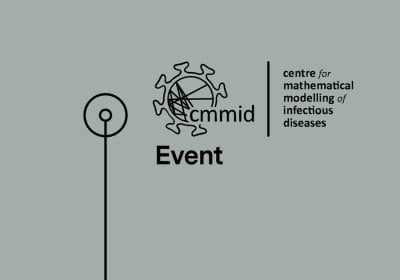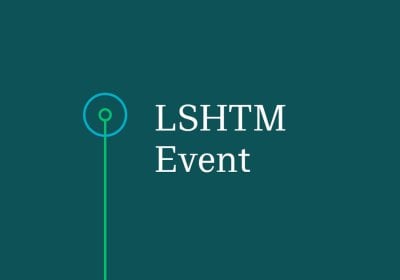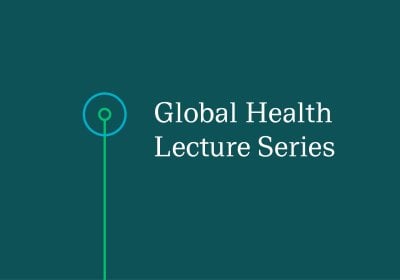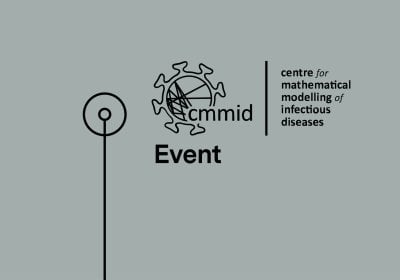Abstract : Online, mobile, global - the ongoing digital revolution affects all aspects of life. Massive amounts of data are now shared by billions of people around the globe through mobile phones, social media services, and other outlets, on any issue imaginable, including issues of health. These data sources can be mined for epidemiological purposes, giving rise to digital epidemiology. Of equal importance, but less discussed, is the fact that these large data sets (big data) provide the raw material for new machine learning algorithms to train on (e.g. "deep learning"), resulting in software that in various domains is close to achieving, or already has achieved, human performance. As human expertise, specifically also white collar expertise, can increasingly be replaced by artificial intelligence, huge disruptive potential will be unleashed. The health domain in particular will be affected deeply. In this seminar, I will discuss opportunities and challenges in these turbulent times.
Marcel Salathé is a digital epidemiologist working at the interface of health and computer science. He obtained his PhD at ETH Zurich and spent two years as a postdoc in Stanford before joining the faculty at Penn State University in 2010 at the Center for Infectious Disease Dynamics. In 2014, he spent half a year at Stanford as visiting assistant professor. In the summer of 2015, he became an Associate Professor at EPFL where he heads the Digital Epidemiology Lab at the Campus Biotech in Geneva. In 2016, he founded the EPFL Extension School, whose mission is to provide high quality online education in digital technology, and where he is the Academic Director.
Admission






